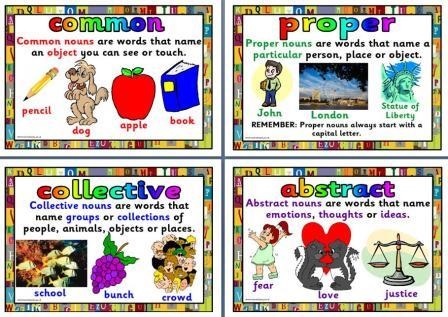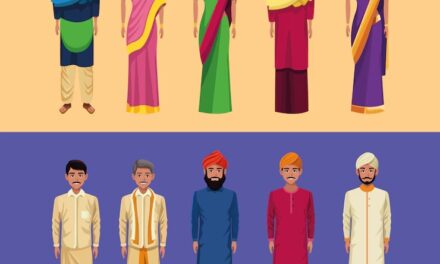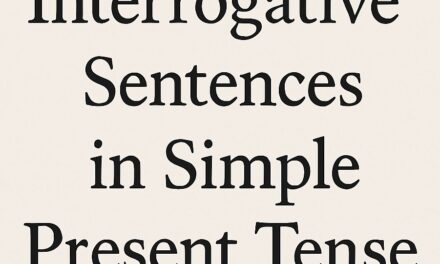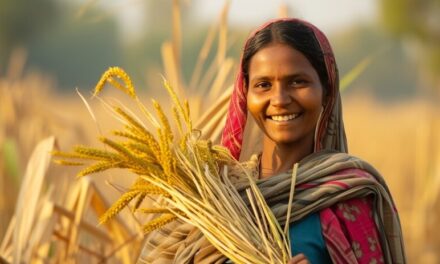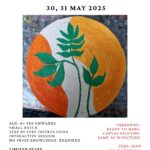What are Collective Nouns?
A collective noun is a special kind of noun that names a group of people, animals, or things. Even though it refers to many individuals, it is treated as a single unit. Think of it as giving one name to many things that belong together!
Understanding Collective Nouns
Imagine you have many flowers in your hand. Instead of saying “I have many flowers,” you can say “I have a bouquet of flowers.” Here, ‘bouquet’ is a collective noun – one word that represents the entire group of flowers.
How to Use Collective Nouns
When using collective nouns, remember these important points:
- A collective noun is always treated as singular and uses singular verbs (is, has, does). Examples:
- The team is playing well today.
- The team is wearing their new uniforms.
- The family is going on vacation.
- When referring to the members of the group, you can use either singular or plural pronouns:
- The team is proud of its victory. (using singular pronoun)
- The team is proud of their victory. (using plural pronoun) Both are correct!
- We can use “of” after collective nouns to specify what is in the group. Examples:
- A flock of birds
- A pack of wolves
- A class of students
Remember: Even though a collective noun names many things, it is treated as ONE unit. Think of it like a container that holds many similar things together.
More Examples:
- The class is taking a test. (correct)
- The family has arrived. (correct)
- The choir is practicing for the concert. (correct)
- The herd of elephants is moving toward the river. (correct)
Common Collective Nouns
People
– audience (for spectators)
– band (for musicians)
– choir (for singers)
– class (for students)
– crew (for sailors/workers)
– family (for relatives)
– gang (for criminals)
– jury (for court members)
– staff (for employees)
– team (for players)
Animals
– colony (for ants/bees)
– flock (for birds/sheep)
– herd (for cattle/elephants)
– pack (for wolves/dogs)
– pride (for lions)
– school (for fish)
– shoal (for fish)
– swarm (for bees/insects)
– pod (for whales/dolphins)
– gaggle (for geese)
Things
– batch (for cookies/bread)
– bouquet (for flowers)
– bunch (for grapes/bananas)
– collection (for stamps/coins)
– fleet (for ships)
– forest (for trees)
– galaxy (for stars)
– library (for books)
– pile (for papers/leaves)
– set (for furniture/tools)

